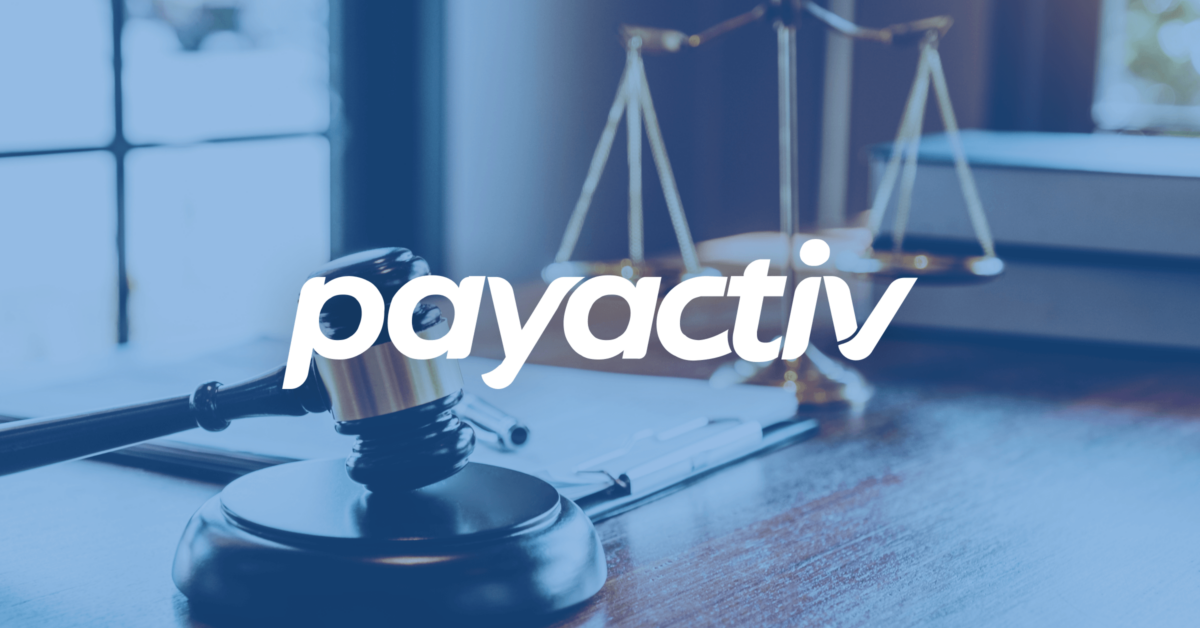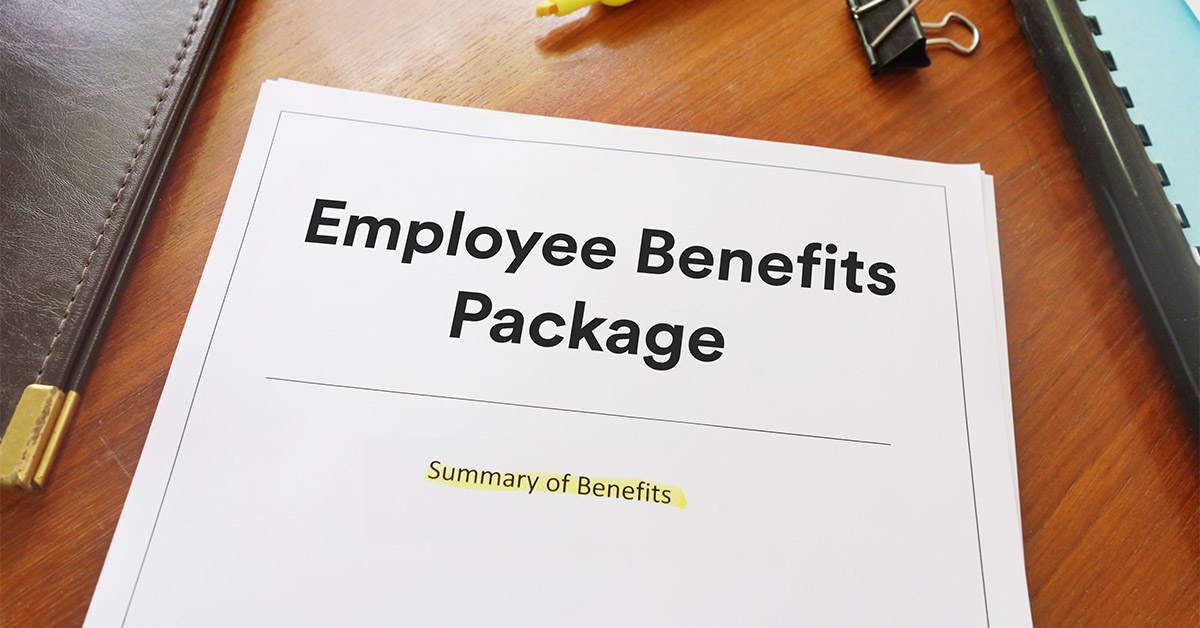
EWA Solutions: Financial Stress Relief | Payactiv
When workers run low on funds, financial stress could push them to make poor long-term decisions in pursuit of short-term solutions. For example, someone could tap into their retirement accounts, triggering taxes and penalties, rather than find better solutions to improve their finances.
A recent Bank of America report found mixed news when reviewing 401(k) balances. Here’s a closer look at what they found, trends impacting your employees, and what you can do to help them find a stronger financial footing.
Mixed Results in 401(k) Report
In Bank of America’s latest Participant Pulse report1, analyzing 401(k) balances across a vast number of plans and participants, the bank and investment company found both good and bad news.
On the bright side, balances are up nearly 10% on average since the end of 2022. However, participants taking hardship distributions are also on the rise. The number of hardship withdrawals increased 36% year-over-year. With over an additional one-third of retirement investors taking hardship withdrawals, many are clearly facing financial difficulties.
Downsides of 401(k) Hardship Withdrawals
According to the IRS, many 401(k) plans allow early withdrawals for financial hardship. Allowed reasons may include medical expenses, funeral expenses, or education-related expenses. While a hardship withdrawal may give access to quick cash, the long-term cost can be staggering.
When the withdrawal occurs, the employee reduces their retirement savings and immediately has to pay income taxes on the amount withdrawn, often around 25% of the total, depending on the employee’s annual income. In addition, workers under 59½ years old must pay an additional 10% tax penalty.
As you can see, the math doesn’t work out in favor of the employee. With high out-of-pocket costs in the year of the withdrawal and the opportunity cost of a lower 401(k) balance, the cost can be much higher than the amount withdrawn.
Alternate Solution to Hardship Withdrawals
Rather than suffer the costs of a hardship withdrawal, employees can look to employer benefits as a way to bridge the financial gap for short-term needs.
An example is the Earned Wage Access (EWA)1 offering from Payactiv. EWA enables employees to access a portion of their paycheck before payday at little to no cost, depending on how the employer sets up their benefit plan.
For example, if an employee’s rent is due on Wednesday, but payday isn’t until Friday, they may have tough decisions to make about bill payments, late fees, overdraft fees, or even risking eviction. With EWA, they can receive a portion of the pay they’ve already earned before payday, giving them breathing room to cover the bills and make it to payday.
Unlike payday loans or credit cards, EWA isn’t a payday loan that must be repaid. It’s money they’ve already earned. There are no additional taxes or penalties, no interest expenses, and no additional bills to worry about. It’s a quick and simple solution, and our research shows that when employees are offered EWA they tend to stay with the employer longer, increasing the retention rate by an average of 30%.
Help Your Employees Achieve Financial Stability
If you’re an executive or human resources manager, you may wonder what it takes to offer EWA. For many employers, it’s just a few clicks in their payroll marketplace or a quick integration with Payactiv’s solution. You can get set up quickly with no additional cost to the employer.
Once employees sign up for Payactiv, they can access a suite of financial wellness features, including free 1:1 financial counseling, automated saving and budgeting tools, and other helpful perks.
If you’re looking for a way to help your employees reach their financial wellness goals contact us to learn how you can start offering Payactiv to your valued team.
Sources:
1 BofA Report Finds Average 401(k) Balances Up Nearly 10% in 2023; More Participants Taking Hardship Withdrawals. https://www.prnewswire.com/news-releases/bofa-report-finds-average-401k-balances-up-nearly-10-in-2023-more-participants-taking-hardship-withdrawals-301895607.html
1Earned Wage Access requires employer participation. Employees can only access a portion of the wages they have earned to date. All content provided on Payactiv.com/blog/ is for informational purposes only. Payactiv makes no representations as to the accuracy or completeness of any information on this site or found by following any link from this site. Payactiv will not be liable for any errors or omissions in this information nor for the availability of this information. Payactiv will not be liable for any losses, injuries, or damages from the display or use of this information.
Get Payactiv for your business
Related Articles
California’s Department of Financial Protection and Innovation (DFPI)...
Who would have believed 18 months ago that there would be over 9 million...
Since their invention in the 1990s, overdraft fees have been a source of income...
© 2025 Payactiv, Inc. All Rights Reserved
24 hour support: 1 (877) 937-6966 | [email protected]
* The Payactiv Visa Prepaid Card and the Payactiv Visa Payroll Card are issued by Central Bank of Kansas City, Member FDIC, pursuant to a license from Visa U.S.A. Inc. Certain fees, terms, and conditions are associated with the approval, maintenance, and use of the Card. You should consult your Cardholder Agreement and the Fee Schedule at payactiv.com/card411. If you have questions regarding the Card or such fees, terms, and conditions, you can contact us toll-free at 1-877-747-5862, 24 hours a day, 7 days a week.
** Central Bank of Kansas City does not administer, nor is liable for earned wage access.
Payactiv holds earned wage access services (EWA) license number 2591928EWA with the Wisconsin Department of Financial Institutions.
Apple and the Apple logo are trademarks of Apple Inc., registered in the U.S. and other countries. App Store is a service mark of Apple Inc., registered in the U.S. and other countries.
Google Play and the Google Play logo are trademarks of Google LLC.
Galaxy Store and the Galaxy Store logo are registered trademarks of Samsung Electronics Co., Ltd.




